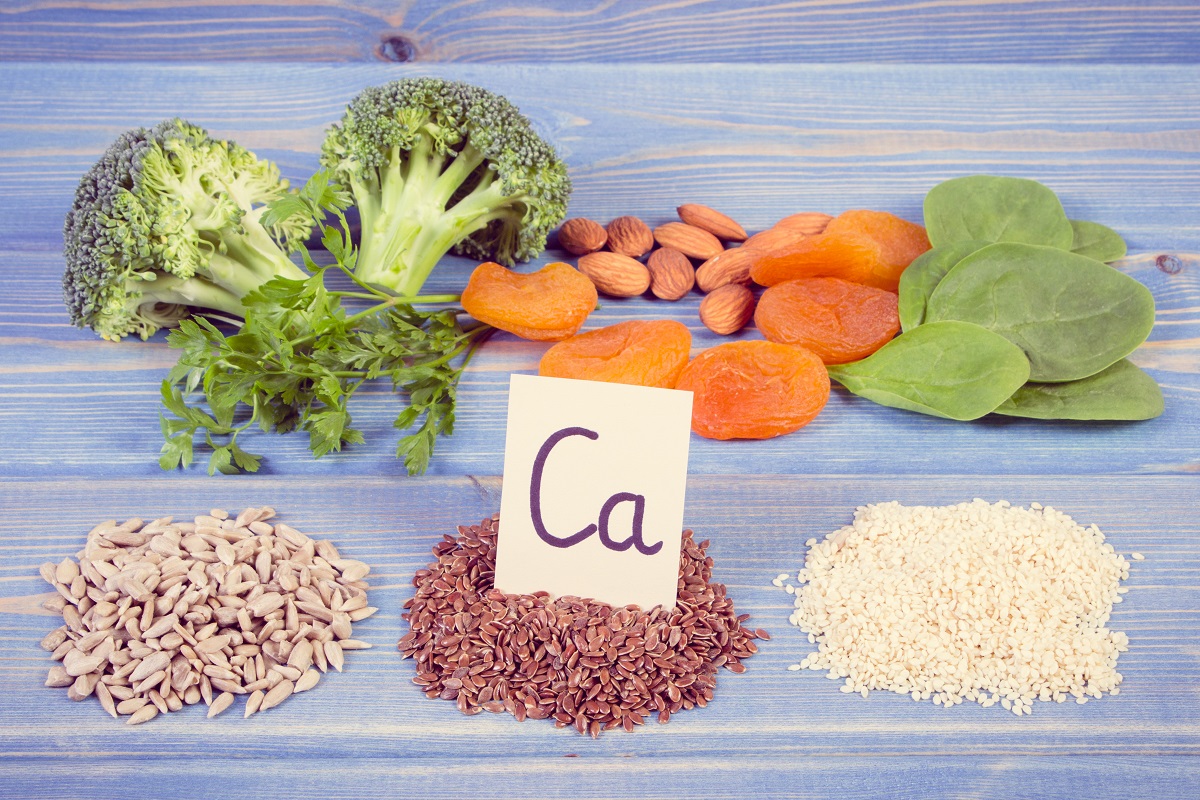A disease in which calcium levels in the blood significantly increase is called hypercalcemia. High calcium levels in the blood may lead to weakness of the bones, kidney stones, and heart and brain problems.
Commonly, this condition occurs due to increased hormone production by parathyroid glands (4 small glands located near the thyroid gland). However, this condition may happen due to other health problems including cancer, certain diseases, and medicines. Those who administer high doses of calcium and vitamin D supplements also may develop hypercalcemia.
While some people do not have any symptoms, others may experience serious ones. Healthcare providers usually prescribe treatment depending on the cause, symptoms, age, and other factors.
Symptoms
Usually, symptoms appear differently among people depending on the affected body part. However, people with mild hypercalcemia do not experience symptoms. Check below some hypercalcemia symptoms according to the affected body part:
- Brain – High calcium levels may negatively affect brain function, which leads to difficulty focusing and concentrating, confusion, sleepiness, and extreme tiredness (fatigue). Sometimes, it may lead even to depression.
- Heart – This condition rarely affects the heart but when it occurs you may notice fast heartbeats, pounding or fluttering heart. Abnormal heart rhythms also can occur but it may be due to other heart conditions.
- Muscles and bones – In most cases, hypercalcemia negatively affects bones and muscles. It may cause bone pain and weakness of the muscles.
- Digestive system – Vomiting, stomach pain or upset, and constipation may occur due to high calcium levels in the blood.
- Kidneys – It is difficult for kidneys to filter blood with excess calcium, which leads to frequent urination and severe thirst. Hypercalcemia may also lead to kidney stones but it is less common.
If you suspect you have this condition or experience any of the previous symptoms, do not hesitate to see a doctor.
Causes
Calcium is an essential mineral that helps to maintain bones and teeth strong and healthy. Moreover, it also is involved in muscle contractions and helps nerves send signals. The calcium levels in the blood are regulated by parathyroid glands and when these glands work properly, they maintain a healthy balance of calcium in the bloodstream. However, parathyroid hormones also are responsible for:
- Triggering of the bones to release calcium in the blood
- Increased the amount of calcium the digestive tract needs to absorb
- Regulating the release of calcium by the kidneys and activating more vitamin D (it plays an important role in the body’s ability to absorb calcium)
Health Conditions That Affect Balance Between Hypocalcemia and Hypercalcemia
However, there are multiple factors that make the balance between hypocalcemia and hypercalcemia. Thus, these factors may be affected by different health problems. Check below some of them:
- Hyperparathyroidism (overactive parathyroid glands) – This is one of the most common causes of hypercalcemia. Hyperparathyroidism occurs when these glands release an increased amount of parathyroid hormone.
- Cancer – An increased risk of developing hypercalcemia have people with lung cancer, breast cancer, and certain types of blood cancer. The risk also increases if the cancer spreads to the bones.
- Other health conditions – These include tuberculosis and sarcoidosis. Previous health conditions may elevate blood levels of vitamin D, which leads to spurs in the digestive tract that begin to absorb more calcium than is needed.
- Genetic factors – There is a rare genetic disorder (familial hypocalciuric hypercalcemia) that causes high calcium levels in the blood.
- Lack of physical activity – Those who have health conditions that prevent them from moving are at increased risk of developing hypercalcemia. It occurs because bones cannot support weight and begin to release calcium in the blood.
- Severe dehydration – This is one of the most common causes of mild short-term hypercalcemia. Decreased fluid amount in the blood leads to an increase in calcium levels.
- Certain supplements and medications – There are some medicines that cause parathyroid glands to release more hormones. For example Lithium, Thiazide diuretics, and others. Moreover, people who administer high doses of calcium and vitamin D supplements also are more likely to develop hypercalcemia.
What Are The Possible Complications of Hypercalcemia?
Those who suffer from hypercalcemia may also notice some complications, especially without treatment. For example:
- Osteoporosis – This is a condition that causes bone loss and it develops when bones release calcium in the blood. People with osteoporosis also may experience loss of height, and curving of the spinal column, and are more prone to bone fractures.
- Kidney stones – Increased calcium levels in the blood may lead to the forming of certain crystals in the kidneys. Over time, these crystals may lead to kidney stones and painful urination.
- Kidney failure – Hypercalcemia prevents the kidney’s ability to clean the blood and get rid of extra fluid from the body.
- Nervous system diseases – People with a severe form of hypercalcemia may experience confusion, dementia, and coma which can be fatal.
- Arrhythmia – This is a heart condition in which irregular heart rhythms occur. Increased calcium levels negatively affect the electrical signals that control heartbeats.
Diagnosis
In most cases, this condition causes little or no symptoms at all. Doctors usually diagnose it after several blood tests that show high calcium levels in the blood. These tests also can help doctors determine if parathyroid hormone levels are high.
Once physicians confirm hypercalcemia, they will look for the cause. Therefore, they will perform additional tests including imaging tests.
Treatment
People with mild hypercalcemia do not require treatment. However, regular monitoring is advised to see if the condition does not become worse. You should also check your bones and kidneys over time to ensure they are healthy.
Healthcare providers usually prescribe the following treatment options for people with more serious hypercalcemia. For example:
Medicines
- Calcitonin – This is a hormone found in salmon that helps control calcium levels in the blood. The most common adverse reaction is a mild stomach upset.
- Calcimimetics – This is a specific medicine used to control hyperparathyroidism. Moreover, this medication is approved for hypercalcemia treatment.
- Bisphosphonates – An osteoporosis medication usually given through a vein (intravenously) that helps reduce calcium levels quickly. In most cases, this medication is prescribed for people who have hypercalcemia due to cancer.
- Denosumab – Physicians often recommend this medication when people do not respond to bisphosphonates.
- Prednisone – This steroid medicine is used to treat hypercalcemia when it is caused by high vitamin D levels. However, it should be used for short periods only.
- IV fluids and loop diuretics – These treatment options are usually given to patients in the hospital and where there are very high levels of calcium in the blood. It helps to prevent heart problems and damage to the nervous system.
Other Treatments
If you have hypercalcemia due to overactive parathyroid glands (hyperparathyroidism), doctors may recommend surgery to remove either one or all parathyroid glands. Mostly, people have problems with one parathyroid gland.
Frequently Asked Questions
What are the most common symptoms of hypercalcemia?
These include:
- Nausea
- Reduced appetite
- Constipation
- Vomiting
- Severe thirst
- Frequent urination
If you experience any of the symptoms listed above, you should see a doctor right away.
What is the best treatment for people with hypercalcemia?
The most effective treatment that helps to get rid of extra calcium from the blood is usually given in the hospital (IV fluids). It also helps to prevent nervous system damage and heart complications. Consult with your doctor for more details.
What foods should avoid people with hypercalcemia?
It is recommended to avoid the following foods if you are diagnosed with hypercalcemia. For example:
- Calcium-fortified juices and ready-to-eat cereals
- Canned salmon or sardines
- Ice cream
- Pudding
- Yogurt
- Cheeses
- Milk
If you have additional questions, ask your healthcare professional.




